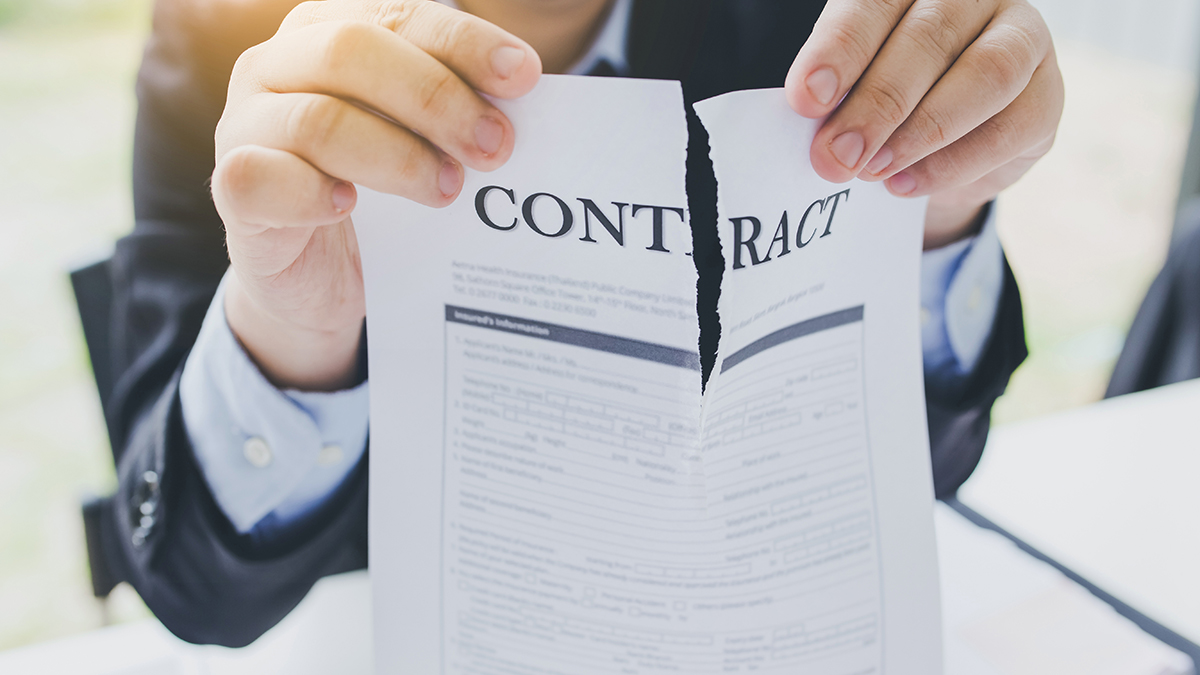Consequential Damages in Construction Cases

In a recent opinion, the Texas Supreme Court reaffirmed the law school warhorse of Hadley v. Baxendale, an 1865 case from England, holding that consequential damages must be foreseeable to be recoverable. In Signature Industrial Services v. International Paper Co., the principal issue was whether Signature Industrial Services (Signature) was entitled to recover consequential damages for breach of a construction contract. Signature had a contract with International Paper (IP) to upgrade a slaker—a large vessel that recycles chemicals used to make paper—at IP’s paper mill in Orange, Texas. The original contract amount was just over $775,000, though a series of disputes and delays increased the cost. IP instructed Signature to complete the work and bill IP at the end. When the work was completed, IP argued that the $1.1 million it had previously paid Signature sufficed for the delays and disputes; Signature argued that it was owed an additional $2.4 million.
Signature filed suit against IP for breach of contract and fraud. Before filing suit, Signature received a $42 million offer to be acquired by Primoris. The negotiations were confidential. After IP refused to pay the amounts Signature demanded, the negotiations foundered. Signature faced a cash-flow crunch and failed to pay $1.9 million in employee taxes and penalties owed to the IRS. The penalties led to more debt, a loss of customers and lower buyout offers of about $10 million.
At trial, the jury awarded $2.4 million in direct damages for breach of contract against Signature, as well as about $56 million in consequential damages. The award of consequential damages was based on expert testimony that the $42 million sale of Signature to Primoris was not completed because of IP’s breach of contract. The expert also testified that Signature suffered a loss of about $12 million in the value of the company.
On appeal, the Texas Supreme Court held that none of the consequential damages could be awarded. Citing the 1854 Baxendale case and an 1885 Texas Court of Appeals case, the Court reiterated that consequential damages are not available unless at the time the contract is made the parties contemplated that such damages would be a probable result of the breach. This so-called foreseeability requirement may either follow predictably from the breach “in the ordinary course of events” or arise from “special circumstances” that the party in breach “had reason to know.” Either way, consequential damages must be proven with reasonable certainty.
The Court held that the $42 million in damages that reflected the loss of the sale to Primoris could not be awarded because IP was unaware of the pending sale of Signature at the time they entered into the contract. Signature argued that the $42 million could be viewed as part of the decline in Signature’s “market value,” but assessing the award in these terms did not overcome the bar that such damages were not foreseeable at the time the agreement was made.
The Court also held that the $12 million in damages for Signature’s loss of “book value” was not recoverable because the amount was not established with reasonable certainty. Signature’s expert had arrived at this figure by simply looking at balance sheets before and after the breach, and attributing all of the difference in book value to the breach, a method that did not provide the requisite proof with reasonable certainty of damages attributable to the breach.
The Court’s rationale for holding that Signature was not entitled to any consequential damages is perhaps best summed up by the Court itself
Parties need not scour the balance sheets of their counterparties and weigh the likely consequences of breach on the counterparty’s attractiveness to investors. Far from helping new and unstable businesses like Signature, such a rule would encourage parties to contract only with large, established companies. Few rational parties would contract with a fledgling company for whom a $2.4 million non-payment might one day be worth $56 million in “company value” damages.
The Court’s holding creates another obstacle for recovery of consequential damages. Most standard form construction agreements contain mutual waivers of consequential damages. Many include specific types of damages that the parties consider consequential. For damages not identified in such provisions or for contracts lacking the provision altogether, the Signature case reinforces the heavy burden that must be carried to recover consequential damages.
If you should have any questions about consequential damages or the negotiation or interpretation of construction contracts, the attorneys in our Austin and Dallas offices are available to assist you at info@gstexlaw.com.
Legal Disclaimers
This blog is made available by Gerstle Snelson, LLP for educational purposes and to provide general information about the law, only. Neither this document nor the information contained in it is intended to constitute legal advice on any specific matter or of a general nature. Use of the blog does not create an attorney-client relationship with Gerstle Snelson, LLP where one does not already exist with the firm. This blog should not be used a substitute for competent legal advice from a licensed attorney.
©Gerstle Snelson, LLP 2022. All rights reserved. Any authorized reprint or use of this material is prohibited. No part of this blog may be reproduced or transmitted in any form or by any means, electronic or mechanical, including photocopying, recording, or by any information storage or retrieval system without the express written permission of Gerstle Snelson, LLP.

